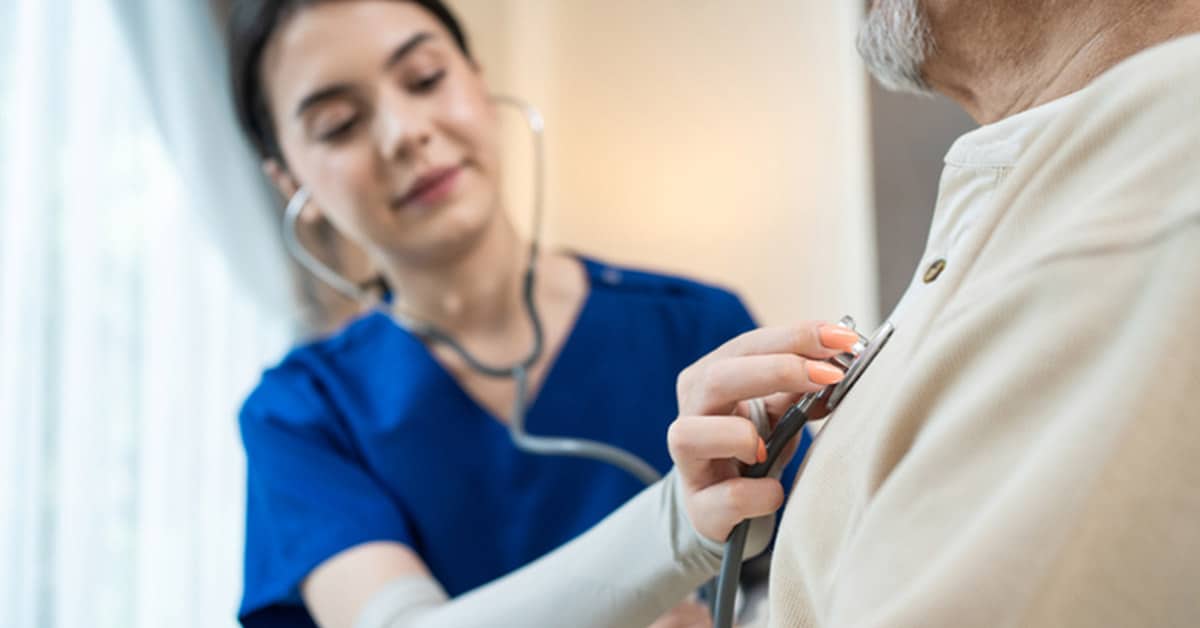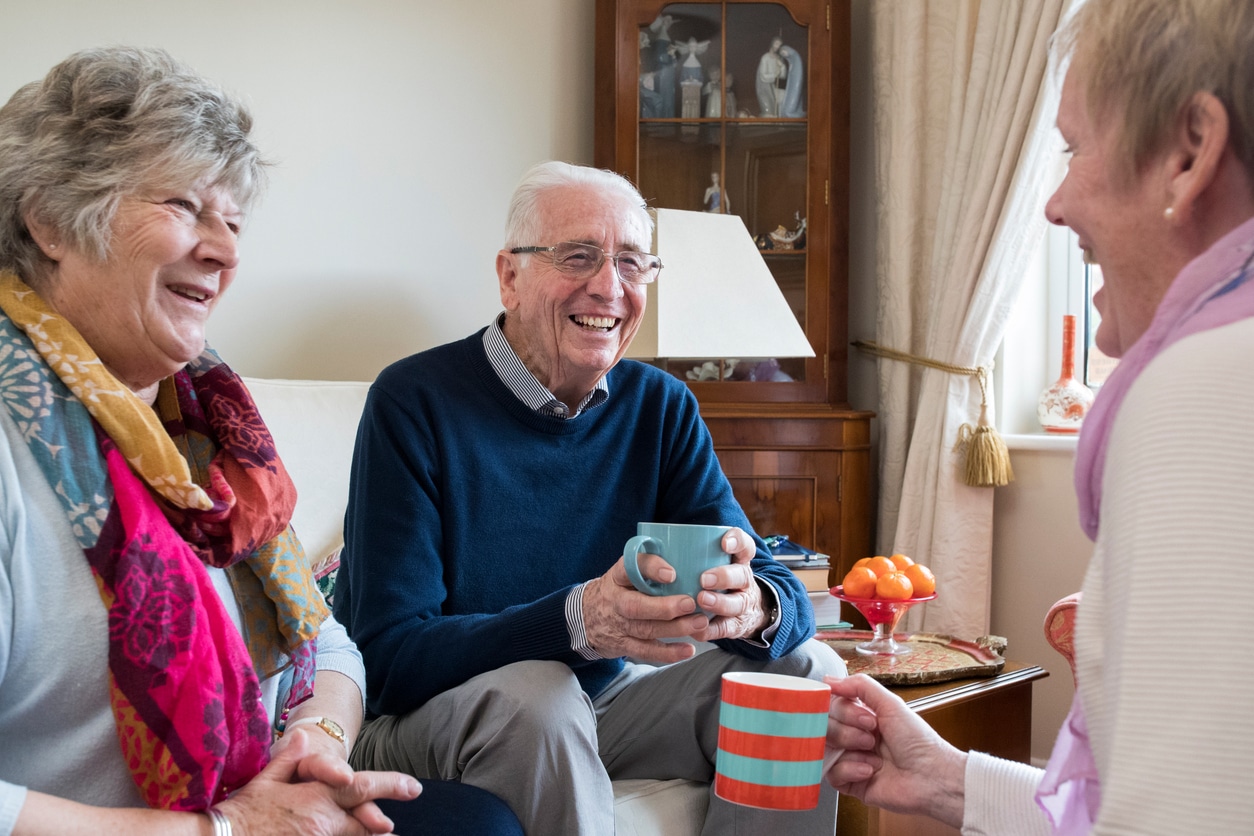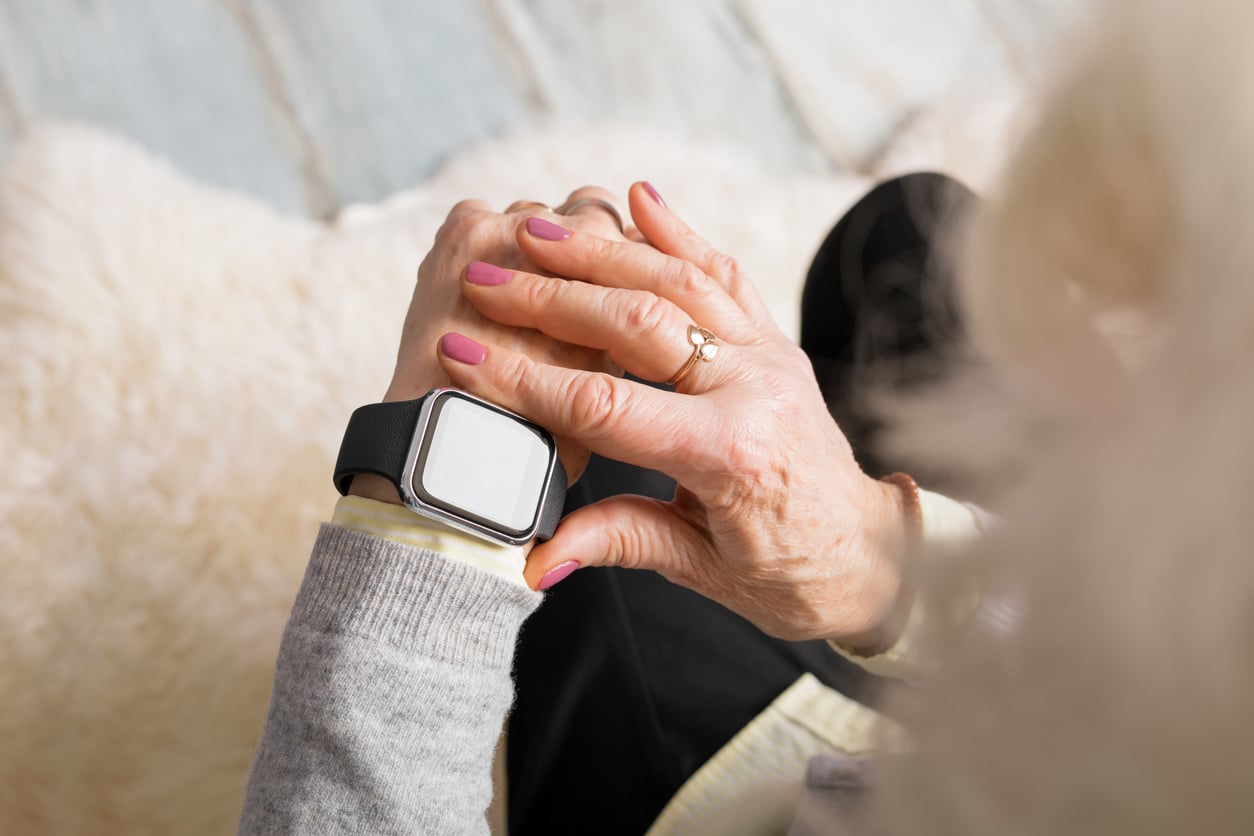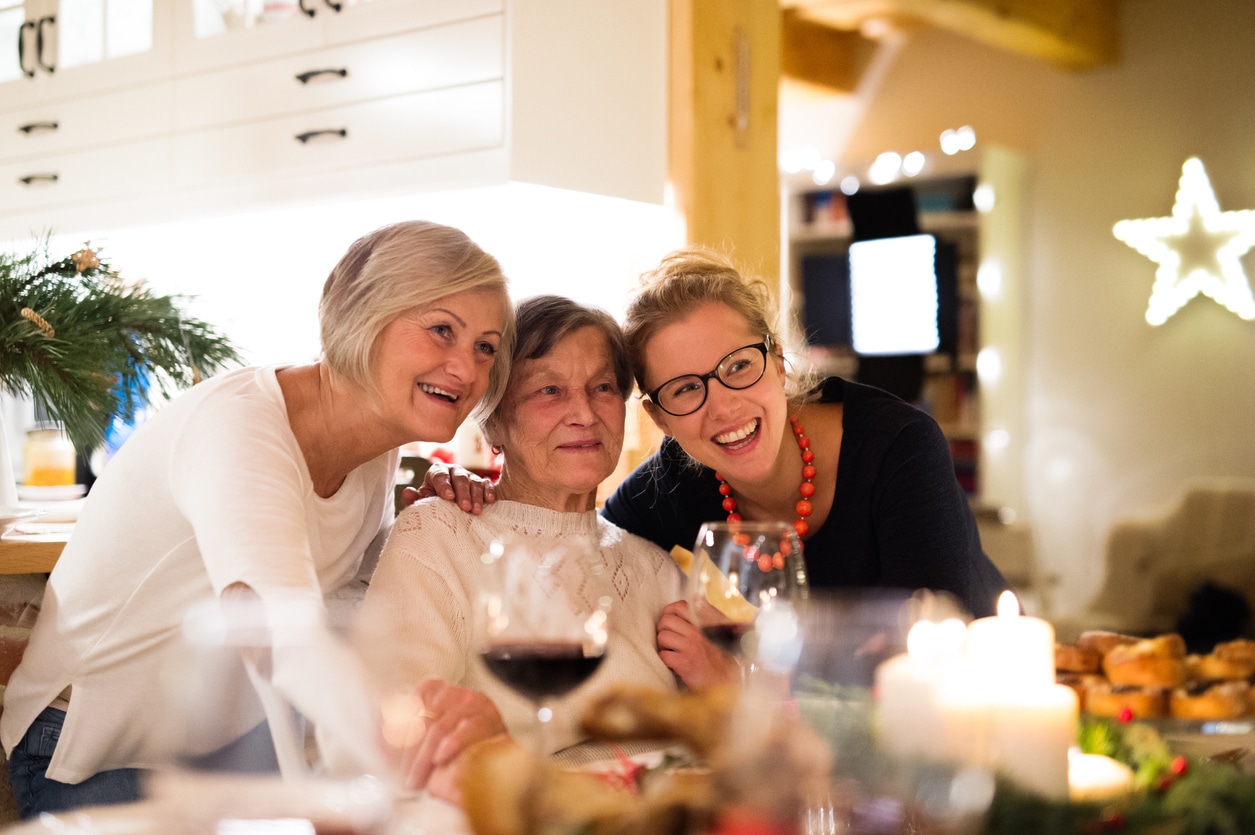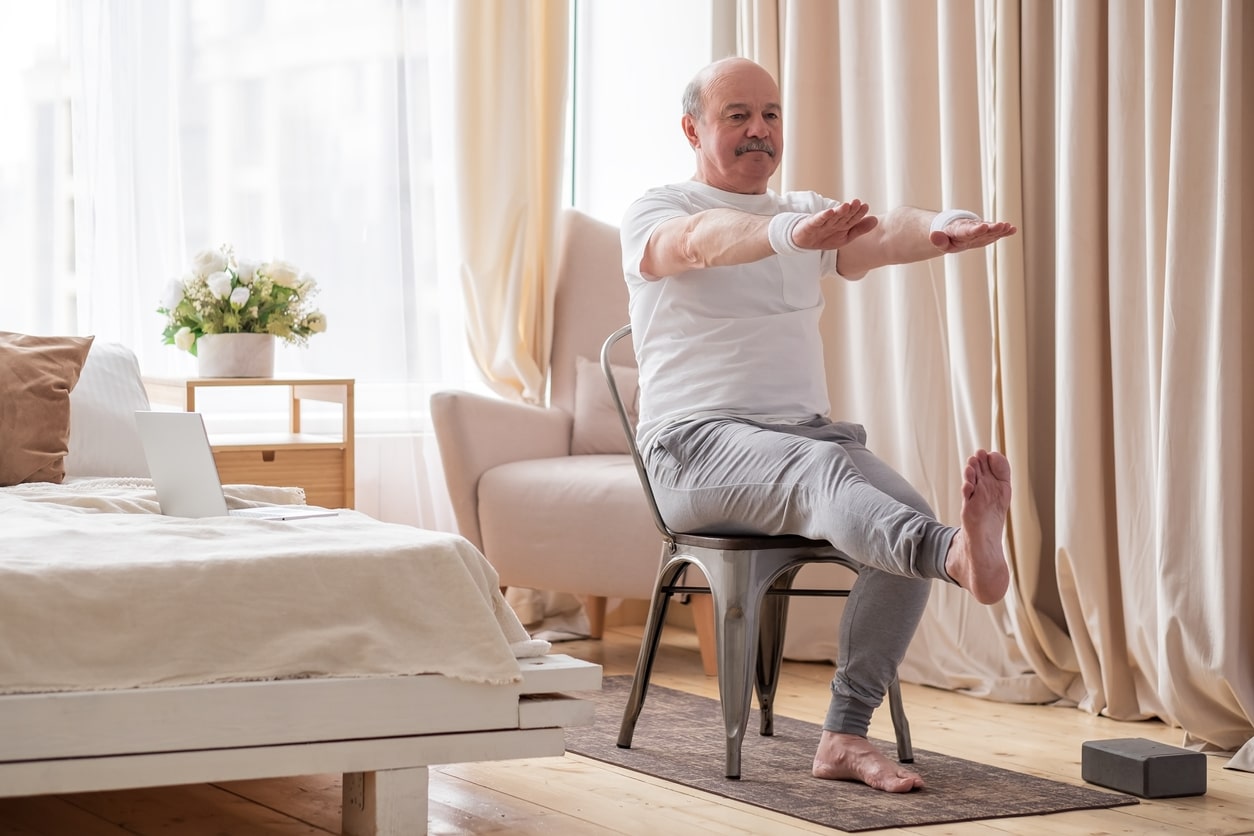Pneumonia is a respiratory infection that causes the inflammation of the tiny air sacs in the lungs, known as the alveoli. The inflamed alveoli outpour fluid to the infected parts of the lung, causing decreased blood flow to the affected portion. While pneumonia affects all people, the elderly, children, and persons with choric conditions tend to be highly susceptible to the disease.
Senior citizens are more likely to get pneumonia and suffer its severe complications due to the changes that come with aging. For the elderly, pneumonia is more likely to lead to hospitalization and eventual death. In 2020, the CDC reported that over 1.5 million people visited the US emergency rooms, and 43,881 died because of pneumonia. Most people who visited hospitals and succumbed to pneumonia complications were senior citizens.
What Causes Pneumonia
Pneumonia is caused by various pathogens and germs, including viruses, bacteria, fungi, chemicals, or other disease-causing organisms. Generally, you can get pneumonia from something simple like breathing air with microscopic viruses or bacteria or if someone infected sneezes or coughs near you.
Sometimes, it can be caused by accidentally swallowing food and water into the windpipe, leading to bacteria breeding. However, it’s important to note that the leading cause of pneumonia in adults is bacteria.
Common Risk Factors of Pneumonia
As mentioned earlier, pneumonia is caused by fungi, bacteria, chemicals, viruses, and other infections. However, certain risk factors can make an individual more susceptible to the condition. These include:
Age (those above 65 years and infants below two years):
Inherently, infants and senior citizens have weak immune systems, which makes them an easy target for illnesses.
Weakened immune system due to health complications:
Individuals who had surgeries, chemotherapy, or those with autoimmune disease or HIV have a higher risk of getting pneumonia.
Lung or heart conditions:
Respiratory and heart conditions make people more susceptible to pneumonia. These include chronic obstructive pulmonary disease, asthma, cystic fibrosis, diabetes, heart disease, and others.
Neurological diseases that cause difficulty in swallowing:
People with impaired consciousness or swallowing problems caused by dementia, stroke, Parkinson’s disease, and Alzheimer’s disease are at high risk of pneumonia caused by aspiration.
Smoking:
Smoking destroys the lungs and makes them an easy target for illnesses such as pneumonia
Long-term exposure to chemicals and toxic fumes:
Chemicals, second-hand smoke, and poisonous fumes destroy the lungs and weaken their function, making them susceptible to infections.
Staying in a hospital or long-term care facility:
People in hospitals or care facilities are at greater risk of getting pneumonia since they’re already sick, and antibiotics might be less effective due to overexposure.
Why Senior Citizens are More Susceptible to Pneumonia
As we age, our bodies experience various changes that make coping with infections daunting. Aging changes the respiratory system, making it difficult to effectively clear secretions from the airways. When secretions go into the bronchial tubes or stay stagnant for an extended period inside the lungs, they can lead to infections that can result in pneumonia.
Additionally, aging leads to the immune system becoming weaker and less responsive. Since seniors have a weakened immune system, it becomes challenging to fight infections.
Lastly, older individuals usually have chronic health conditions, which increase the risk of developing pneumonia. Seniors with chronic conditions such as heart disease, diabetes, and chronic obstructive pulmonary disorder (COPD) are more prone to pneumonia.
Signs and Symptoms of Pneumonia
Since there are dozens of organisms that cause pneumonia, its signs and symptoms will vary based on the particular germ causing the illness. However, the general pneumonia symptoms in senior citizens may include the following:
- A persistent cough that leads to the production of the greenish or yellow septum and sometimes with small clots of blood
- Chest and abdominal pain, especially when coughing or taking deep breaths
- Chills and shortness of breath
- Tiredness or malaise
- Confusion in older adults
- Excessive sweating, fever, sore throat, and muscle pain
- Loss of appetite
It’s crucial to get checked by a qualified medical practitioner since pneumonia symptoms are similar to flu symptoms. Conversely, it’s not unlikely for senior citizens to display pneumonia signs that differ from those of the general population.
Pneumonia Diagnosis & Treatment
Pneumonia in the elderly may be challenging to diagnose, but your doctor will need to understand a few things before they perform an examination. These include:
- Underlying health conditions
- Smoking history
- The prevalent signs and symptoms
- Whether you are under any medications
- Whether you’re vaccinated for influenza or pneumococcal
However, to offer a comprehensive prognosis and diagnosis, they will examine your heart rate, blood pressure, oxygen levels, and any crackling sounds when you breathe. They may also require the following:
- CT scan or X-ray for a clear picture of your lungs
- Blood test to check for infection
- Culture from the septum to pin-point the exact organism causing the infection and
- Pulse oximetry to measure the amount of oxygen in the blood.
Pneumonia Treatment
Pneumonia treatment aims to cure the infection, manage the symptoms, or mitigate any risk factors. Usually, the treatment will be based on the causative agent. Pneumonia caused by bacteria is treated with antibiotics. On the other hand, over-the-counter medicines will be used to relieve the complication caused by viral pneumonia. Lastly, antifungal drugs are used to treat fungal pneumonia.
However, the condition can be managed through drinking plenty of fluids, resting, breathing exercises, and other therapies.
Pneumonia Prevention in Seniors
Vaccination
The most reliable way to prevent pneumonia in the elderly is to get the pneumococcal and influenza vaccine. The pneumococcal vaccine protects you against 23 strains of pneumococcus bacteria.
Stop Smoking
Smoking destroys the lungs and makes them more prone to infections. Dropping the vice can help prevent pneumonia.
Maintain Sanitation and Hygiene
Washing hands regularly will help you avoid contracting or transmitting the disease to other people. This is virtually true for caregivers looking after the elderly. You also need to clean and disinfect surfaces in the bathroom and kitchens.
Adopt Healthy Habits
Staying physically active, eating healthy foods, taking plenty of fluids, and having an adequate sleep can help your stay healthy. It will also improve your immune system to fight all kinds of illnesses.
Caring for A Senior with Pneumonia
If you have a senior or loved one with any health condition, they’ll need ultimate care and attention around the clock. Since it can be challenging to attend to your elderly and still fulfill all your work and life goals, having a professional caregiver is imperative.
With their vast knowledge and skills, caregivers will provide seniors who have come down with any illness with unmatched care. They’ll ensure that senior citizens take their medication on time, encourage them to rest, and monitor any changes.
